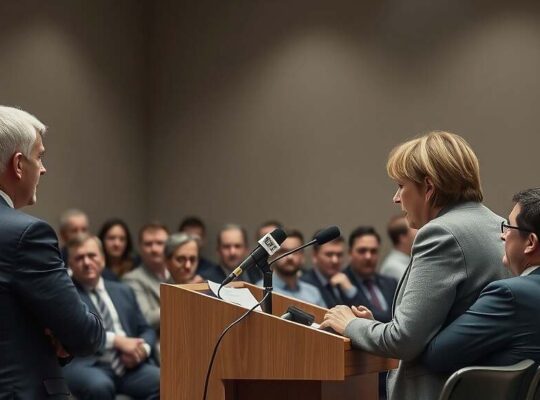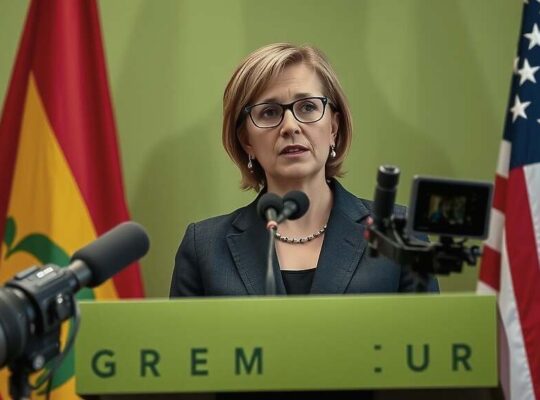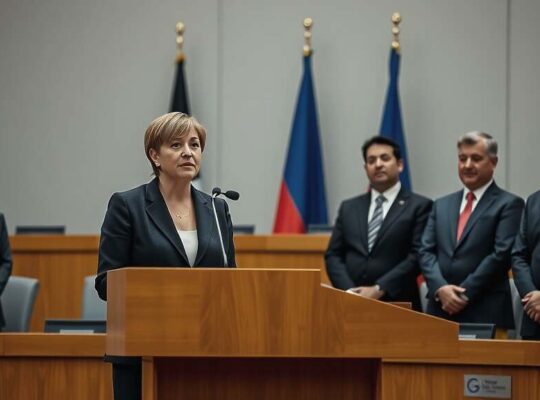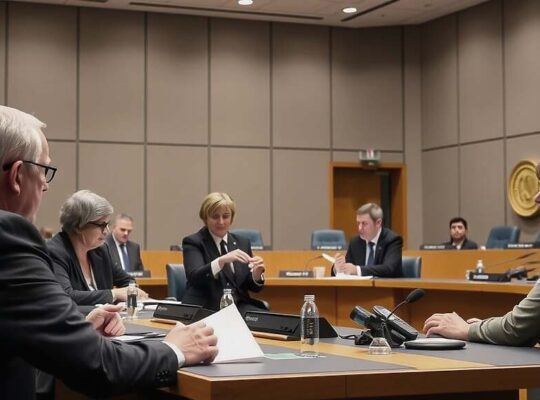Negotiations surrounding the selection of a candidate for the Federal Constitutional Court have stalled, highlighting a complex political landscape in the German Bundestag. Clara Bünger, parliamentary spokesperson for the Left Party, has publicly criticized the Christian Democratic Union/Christian Social Union (CDU/CSU) faction for refusing to engage in discussions regarding their proposed candidate, Günter Spinner.
Bünger expressed concern that the CDU/CSU appeared willing to accept the potential influence of votes from the Alternative for Germany (AfD) party to secure their candidate’s appointment. “The CDU/CSU now faces a situation they may find difficult to control, having summoned forces they can no longer contain” she stated in comments to the Redaktionsnetzwerk Deutschland. She urged the CDU/CSU to prioritize securing a “democratic majority” that encompasses all candidates, rather than strategizing based on the support of the AfD.
The process of selecting judges for the Federal Constitutional Court involves equal representation from both the Bundestag and the Bundesrat (Federal Council). Approval requires a two-thirds majority in each chamber. Traditionally, parties have informally agreed on a distribution key reflecting their respective sizes to achieve this threshold.
Following the recent federal election, a coalition of CDU/CSU, SPD, the Greens and previously the FDP, no longer commands a two-thirds majority in the Bundestag. This necessitates either the support of the Left Party or the AfD to confirm appointments. Should the Bundestag fail to elect judges, the Bundesrat, which currently maintains a two-thirds majority comprised of government representatives from CDU/CSU, SPD, Greens and FDP, would assume the responsibility of filling the Karlsruhe-based positions.












